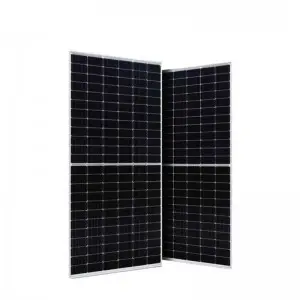Solar panels have grown in popularity in recent years, and more and more people are considering installing them in their homes. However, the question that often arises is how much will it actually cost to install them? In this blog, we’ll take a deep dive into the factors that can affect installation costs and give you an idea of what to expect.
First, it’s important to understand that the cost of installing solar panels can vary widely based on a number of factors. The size of the installation, the location of your home, and the type and quality of materials used will all have an impact on the final cost.
Typically, the larger the installation, the higher the total cost. This makes sense since more panels will require more materials, labor and time to install. However, this doesn’t necessarily mean that larger installations are always the best option. Often, smaller installations can still provide substantial energy savings at a lower cost.
The location of your home can also have an impact on installation costs. Factors such as cloud cover, shade, and local regulations can all affect the efficiency and effectiveness of a solar panel system. In some regions, additional fees may apply to obtain a license or to meet certain requirements.
The type and quality of materials used in the installation is also an important factor affecting cost. Higher-quality panels and advanced components may cost more upfront, but tend to last longer and have higher efficiency ratings, leading to greater overall cost savings in the long run.
So, taking all of these factors into account, what is the estimated cost of installing a solar panel? According to Energy Sage, the average cost of a residential solar panel system in the United States is between $15,000 and $25,000. This includes the cost of installation, materials and permits. However, this is only an average and costs can vary widely depending on the factors we discuss.
It’s important to note that there are various incentives and rebates that can help offset installation costs. For example, the federal solar tax credit allows homeowners to claim a portion of the installation cost as a credit against federal taxes. Additionally, many states offer their own incentives and programs to promote solar energy.
In conclusion, there are many factors that affect the cost of installing solar panels on your home. However, despite the high initial upfront cost, solar panels can be a smart investment for many homeowners, providing significant energy savings and lower utility costs in the long run. With many incentives and rebates available, now is the perfect time to consider switching to solar power.
Post time: May-22-2023
